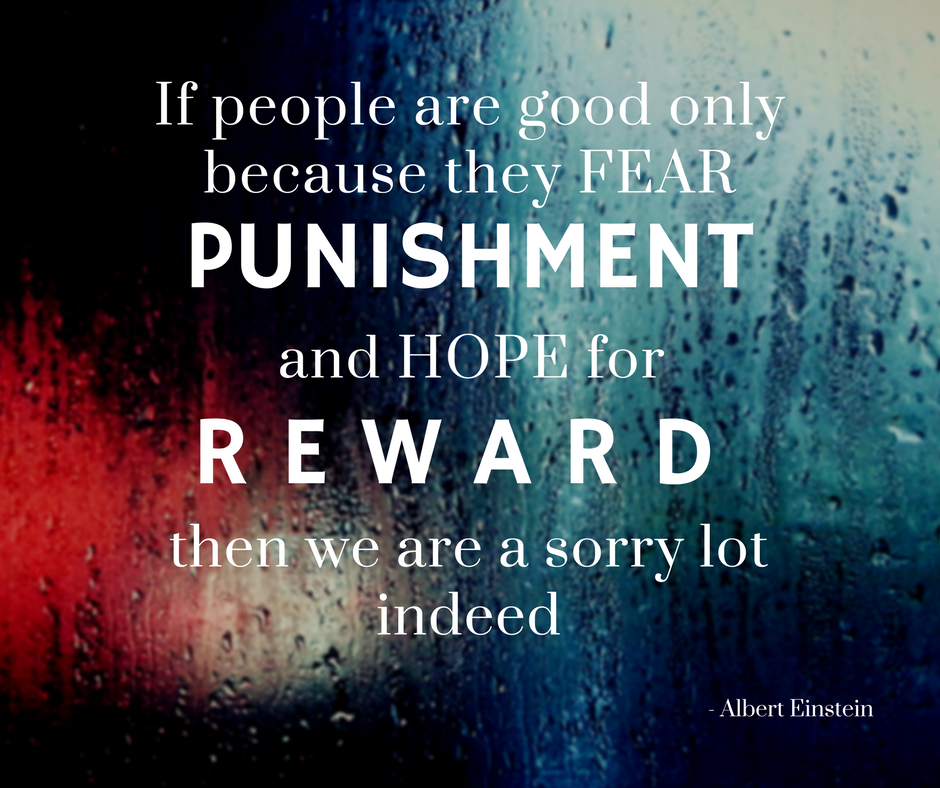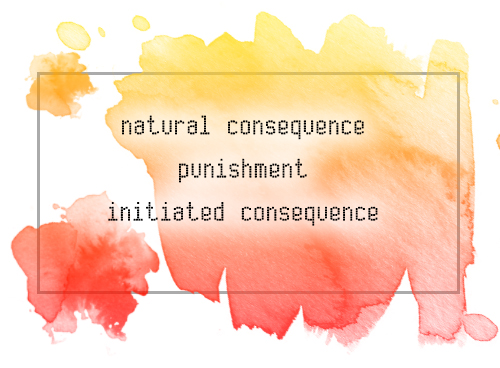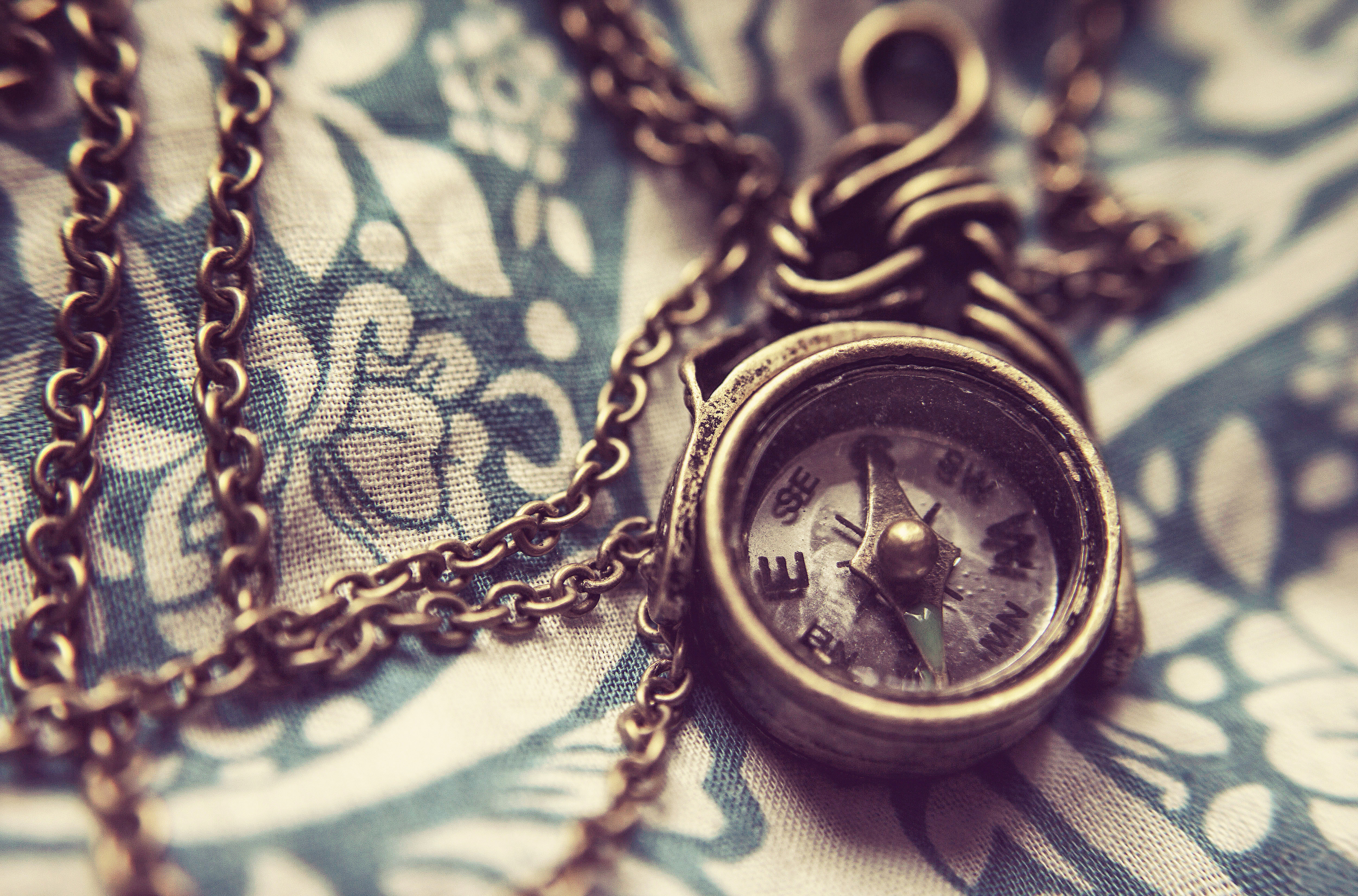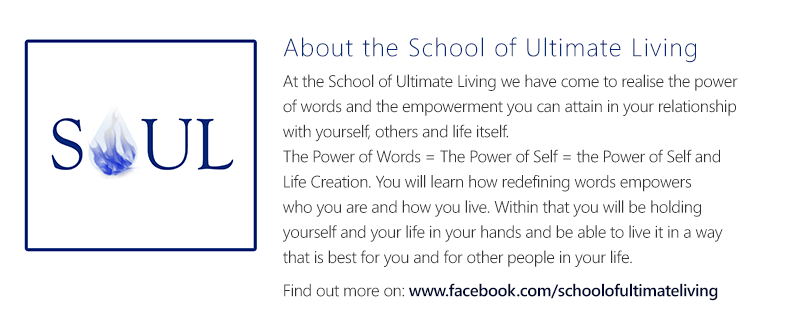I was watching a Black Mirror episode, namely episode 3 from season 4 where a woman’s past comes back to haunt her after an insurance investigator starts looking into an incident and has special technology that allows her to peak into people’s memories to get more ‘accurate’ witness reports. In the beginning of the episode the main character was complicit in covering up a hit-and-run. She goes on to live her life and become quite successful in a business until this event comes catching up with her. It soon becomes pretty obvious that she’s going to get caught for what happened many years ago and that her life as she knew it was going to be over.
I haven’t finished the episode yet, because I was experiencing myself as increasingly squeamish at the prospect that she was going to get caught, that moment where everything comes to light and she has to face the consequences of her actions. I looked into the point, and decided that before I can continue watching the episode (and the rest of the season lol) I should write a blog about it. Entertainment in the form of movies and series so easily provide us points to reflect and investigate ourselves, I didn’t just want to keep watching and let this opportunity pass by to share how we can introspect, investigate, evaluate and correct ourselves in something as mundane as watching an episode of a series.

As I folded my laptop closed when I made the decision to stop watching the episode, I looked at my experience and what else it reminded me of. I saw that I had had this experience before when watching the series Dexter. Where you go into this conflictual experience of on the one hand liking Dexter, and on the other hand judge him because, well, he’s a serial killer – but then when it comes down to it and things get tense – don’t want him to get caught.
It also reminded me of a dream I had, of which the theme I believe repeated itself a few times in my life. I enter the dream and it’s already in full action, meaning, there’s no ‘story build up’ – like you start watching a movie halfway into the duration of it. In the dream I was busy looking for someone along with another group of people, when the knowledge hit that I had killed the person and that the authorities were also looking for the culprit. I remember not being phased at all by the piece of information that “I had done it”, the only thing I was wrought up about was that I may get caught and set course to run away and hide.
Another memory that came up was of me sitting in music class in my first year of high school, where for some reason we were discussing the topic of the sun when my teacher mentioned that the sun will burn out at some point and then that will be the end of Life on Earth, but that this would only happen a long time from now. I remember thinking ‘Well as long as I’m not there when it goes down, then I don’t care’ – with pictures from the Armageddon movie flashing by and being terrified at the prospect of having to face such a situation. I felt icky inside myself because I also knew that a lot of people now on Earth live a disastrous life that I am unwilling to live and I quickly buried up the thought and the feelings that came with it. But for some reason that one moments thinking has always stuck with me (what you resist will persist hey).
What this episode and the associations as the memories brought up for me is that I still have a very deep fear of consequence and wanting to avoid consequence. That I don’t give much consideration to what I do, but only the possible negative consequence which may or may not befall on me. This leads me to make decisions and work with consideration where I look at how things will make me feel, rather than understanding what I do and whether it is the best possible outcome. In simpler terms it leads to making compromising decisions which give me a sense of reward or forgoing doing what’s right to avoid experiencing someone’s backlash. It’s not about content but about how things make me feeling or how I anticipate they will make me feel.
This led me to look more at my experiences as a child, where faux pas were often met with aggressive, emotional punishment.
What I realised in looking at my childhood memories, is that I had stored punishment and consequence to be part of the same database. In that, as a child – I didn’t differentiate between natural consequence, initiated consequence and punishment.

In the image above, you can see how all three were bundled up together in the same box, with the colours representing a fear energy within which the container as the words and their definitions were drenched in. (To be honest, the box really just held consequence and punishment, as I hadn’t even specified or verbalised for myself that there are distinction!) I’ll explain later what each of them entails individually.
As a kid for instance, I loved exploring our computer, which was a family computer. There was only one PC which we shared amongst the five us. And well, during those explorations sometimes things would go wrong with the computer. My father, who was really into the computer to play games would always get angry whenever a dreaded error screen appeared or the computer wouldn’t start. I’d get shouted at for breaking the computer, until I felt broken inside myself and would go hide in my room trying to avoid my father for the next couple of days. Swearing to myself that I’d never touch the computer again because it was just not worth all of the shouting, yelling and feeling like a little shit. I had no idea how I ‘messed up’ the computer or why exactly my father was getting angry (other than the basic assumption that computers cost money). A few days would go by and would get back behind the computer, making sure I do it when my father is not yet home. Eventually the cycle would just repeat itself.
The natural consequence here, was that playing around with something you don’t fully understand (and don’t ask for help / guidance), you might make mistakes and possibly create damage.
Because my father’s response was one of diminishing me into submission through fear \ to have a fast, quick outcome/result in keeping me away from the computer (and so hopefully prevent the computer from going haywire) – all I learnt from that one event is to avoid my father whom I feared.
I didn’t learn a thing about pcs, and my father never did get to avoid the computer from messing up from time to time.
It’s a lose-lose situation. That’s punishment.
Punishment is about making another feel bad and diminishing them on a level of ‘who they are’ – with no consideration of ‘what they did’. It’s like saying ‘all of you is bad’, instead of addressing the one behaviour which was not constructive. It’s convenient, because it gives a quick result – and gives an opportunity for the punisher to let out pent up frustration and anger. But nothing about the actual situation is learnt. The one being punished then adopts secretive behaviour to continue, with no accountability or responsibility being developed.
Because there was both natural consequence and punishment in the same event, the two became fused for myself. That the one implies the other.
From there things started escalating. I’d be staying at a friend’s house and accidentally break something. The thought of telling someone wouldn’t even come up as option. My first instinct was how to hide it as best as possible and pretend nothing happened. I couldn’t have predicted how my friends or their parents would have responded. Maybe they would have been totally cool with it, maybe not. The one time an accident happened with eyes around when at a friend. The mother told me to be more careful with how I am playing as I was not paying attention to my environment, and started moving breakables out of my reach until she was sure I was paying more attention.
Even though the mother was totally calm, composed, explained to me my actions and what they were creating and took further measures to prevent it from happening – I felt punished. I felt punished that she moved all the breakables away, and accessed the same hurtful feelings as when my father would punish me. That I wasn’t to be trusted, that I was inadequate.
This example, is actually one of natural consequence and initiated consequence. The natural consequence was that ‘when I don’t pay attention to my surroundings when I play because I am so caught up in the energy of the game, I may possibly break things around me in my unawareness’. The initiated consequence was ‘breakables are being moved away until I’ve shown that I can play with more awareness and do not pose a threat to breakables in my direct surroundings’.
The lines between consequence and punishment were so blurred for me that I couldn’t distinguish the one from the other. My response was always the same. If I saw a parent initiating consequence with a child which was totally supportive, I’d still feel sad and project unto the child my own experience of how I felt when being punished, assuming the child was going through the same and condemning the parent for their ‘abusive behaviour’.
What supported me in my own process to detangle my past experiences and memories of punishment and consequence, was to clearly indicate to myself the different types of ‘consequence’/’punishment’ that exist. This assisted me to see where in the past a situation was directed less than optimally by others in my environment, as well as where I missed points of responsibility that could have changed the course of such situations and possible repetitions.
The latter being the toughest part. When you’ve gone through trauma, it’s easy to become accustomed to a sense of victimhood where everything was always the fault of another, and we were just innocent players. When someone treats you unacceptably and you scrunch into a corner and just take it – it’s hard to admit that there was a moment where you could have gathered yourself up again and say ‘Stop’. As a child, we’re not always aware of our alternatives when the alternatives have not been presented to us through the living example of others such as our parents. So when I place myself in those moments of childhood, I give myself a little grace – knowing that, at that point in time, I didn’t know much better. At the same time, I acknowledge I am older, have gone through more experiences and am able to set up a different response for myself. The grace that counted for myself as a child, no longer applies in my current situation. I’m in a more empowered space, and I am going to use that more empowered space to go back into my childhood and see how I could have done things differently. Not because we should have done it differently, or even had the potential to do it differently. But to go back to the source of our wound, the pain, the hurt – face that moment again and rise above it. Even if we can’t re-write the past, we blow a new perspective into it. So that instead of repeating the hurt and carrying the emotional wounds into our current life situation, what we carry through from the memory is what we have learnt, and the solutions we now know we can apply.
In the case of the memory with the repeated computer incidents for instance, I realised that I could have asked for help from others or even just gotten myself a book on how to work with computers. But because of how I experienced my father’s outrageous response, I felt compelled to blame the whole situation on him, that he was too irrational and punitive about it. The size of his emotional outburst took up so much space in the events, that I didn’t see anything other than *that* playing out. I didn’t see or look for any alternatives, and never took a moment to look at how I could do things differently. In the face of the vast punishment, the space and moment to reflect on myself and my responsibility in the given situation was completely minimized. Hence, I didn’t change my behaviour (only when I did it) and the pattern persisted.
So for myself, I clarified my relationship to natural consequence, initiated consequence and punishment through redefining the words – as well as removing any emotional connotations or loads connected to it, so that each word/point can stand on its own.
- Natural consequence: the if this then that effect, the result/outflow of an action
For example, if I am late at the train station, I miss the train
- Initiated consequence: a set of imposed conditions to prevent certain damages or harm from comping to pass
For example, my toddler is still specifying his motoric skills and broke a drinking glass, for the time being he will only be provided with plastic cups and plates and we will re-assess in time
- Punishment: the intention and act of making another person feel bad about themselves to refrain them from repeating perceived undesirable behaviour and to elevate oneself into a position of being in control. On an elemental level, punishment is an act of retribution. You made me feel powerless, now it’s your turn.
For example, my child is running rampant and keeps waking up the baby, I feel at a loss and desperation rises. I take him aside and give him a good shouting after which he isolates himself in his room
The moment we redefine and so clarify a word/manifestation for ourselves, it’s also easier to establish our own directive response to such situations. When we’re confronted with someone who’s out to punish us, we can immediately move ourselves to share that we see our own responsibility in the situation (if any), saying we understand that they’re upset, where they are coming from and to immediately steer the conversation towards constructive solutions. If we however keep ourselves to the wound and not the lesson of a memory, we will let the other person exert their anger and frustration on us, while we feel smaller and more resentful towards the other. We keep ourselves small and disempowered and equally disempower the other party through simply letting their past hurts play out through letting them vent their anger and frustration out. When we move out of our disempowerment position into our directive power, we change the variables and relationship dynamics in any given situation. As we change who we are and how we respond, it forces the other party to reconsider their own position, because things are not playing out according to their expectations.
As a parent who’s been left with a bad taste surrounding ‘consequence’ and ‘punishment’ as a child, it can be tricky to assess as to when to not engage, where you leave a situation or behaviour to natural consequence; when to initiate consequence – and to when you do, to not trap yourself in punitive consequence. (Sometimes, we also need to employ measures that may look like punishing (like shouting) – and may feel bad or guilty afterwards for thinking that we’re damaging our child and that they will hate our guts forever more. While shouting and raising your voice is mostly abused in the sense that it’s an easy way to exert frustration, anger and irritation – the physical act of shouting, where there’s no emotional load or intention behind it can be very helpful and effective in certain circumstances. If your child is about to do something dangerous, using your voice as a sound wave to pop them out of a ‘trance’ where they don’t realize what they are about to do is dangerous, is effective to literally ‘shake’ them out of it for a moment, until you can get closer to direct the situation. Whenever I use my voice strongly, I make sure I can in the next moment be equally gentle and soft, moving from one expression to another with ease. If I get stuck in my voice being raised, I know I accessed some emotional energies and need to have a closer look at what is being undealt in my own interior life.)
In general, I work with a few guidelines to establish how to proceed:
- Who is being affected by the behaviour?
If my son’s behaviour only affects his reality and he is not placing himself in any form of harm or danger, I leave it up to natural consequence.
If he’s going a bit cray cray and keeps breaking his lego construction because he’s not paying attention, then it’s for him to learn how his behaviour affects his reality and how he can change his behaviour. I might give a suggestion here and there, but I leave it up to him how he moves forward with it.
If he’s going cray cray and he somehow picked up an object he could harm himself with or plays in a way that could easily warrant a doctor’s visit if things go wrong, then I initiate consequence (eg insisting he calms down before he can continue playing and if not removing whatever may cause an issue).
If he however keeps breaking his toys and keeps coming to me to fix it, his behaviour is now affecting my reality and within that gives me space to initiate consequence or parameters if I find that it is really getting in the way. I can fix his toy once or twice, explain that he needs to be more aware and slow down, possibly show him how he can fix it himself if its within his skillset, and warn that I will not keep fixing it.
- If I initiate consequence, is it relevant to the situation and have I done my best to transfer understanding through communication?
If my son is being loud and others can’t have an audible conversation amongst themselves, there’s no point to tell him he won’t get chocolates today. There’s no natural or causal relationship between being loud and the access to chocolates. Rather, I will ask him to be more quiet, explain to him why I ask it of him, and ask him to place himself in the other people’s shoes (“imagine you are trying to tell me something but someone keeps shouting and you can’t share with me what you want to say, is that something you’d like to experience / be in?”). I’ll also explain that there’s no issue with being loud and expressive in itself, but that we have to be aware of the context we find ourselves. If he really wants to sing loudly or play train, he can also do it in his room.
I do my best to keep the conversation around the behaviour and to not make it personal to him. To clearly state the consequence I will initiate and to not nag about (keep warning but not following through with it). I keep my voice tonality, my choice of words and body language in mind. When there’s space for it, I ask him how he proposes we direct the situation.
I have definitely not perfected this for myself, as my experience with watching the Black Mirror show nicely reminded me of. Old patterns from childhood are like rivers whom have embedded themselves into the earth into a set path. It’s difficult to redirect the flow of water when there’s already a certain direction it is used to following. Every time we practice our new direction and new response, it’s like we’re digging a bit, starting a new trench at the source for the river to take on a new course. The more we practice, the more it entrenches and embeds within our being. Until one day the river effortlessly flows in our new direction we diligently practiced and planted.














You must be logged in to post a comment.